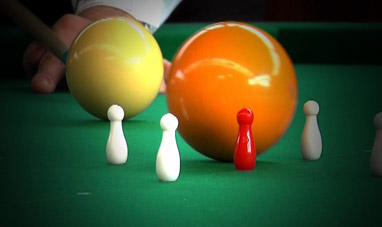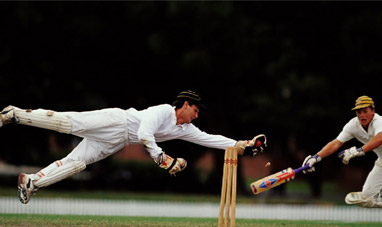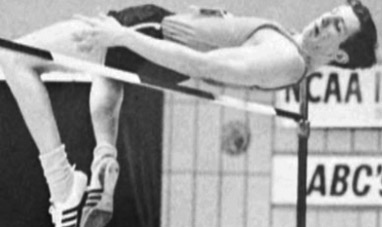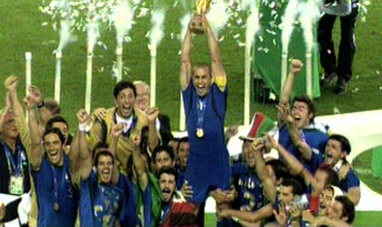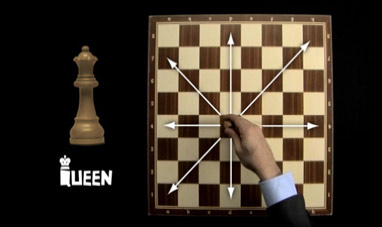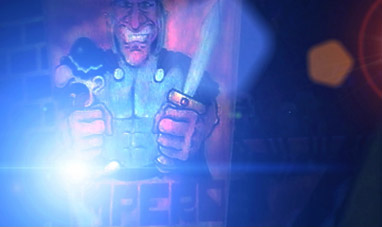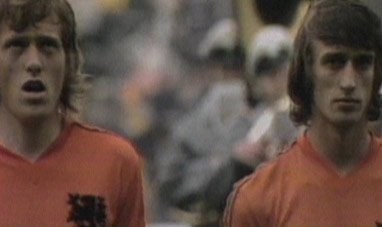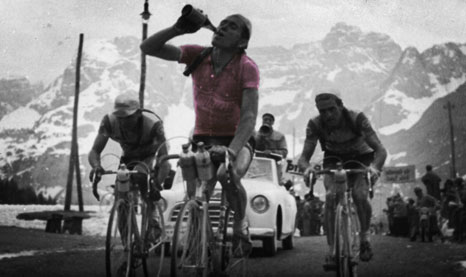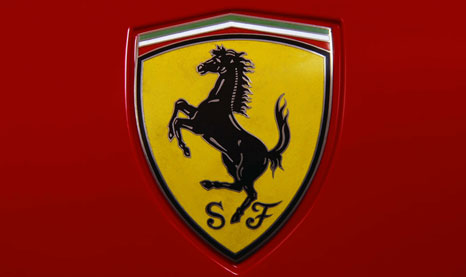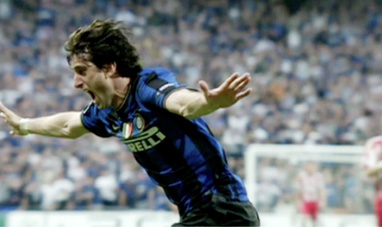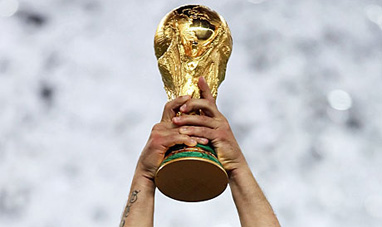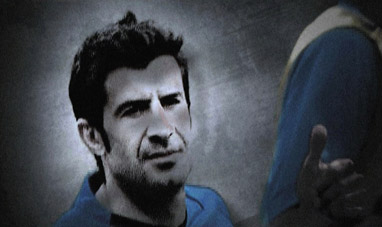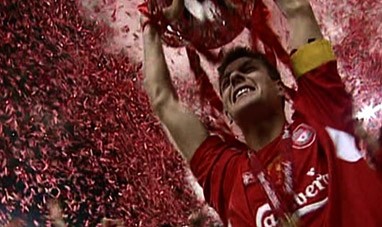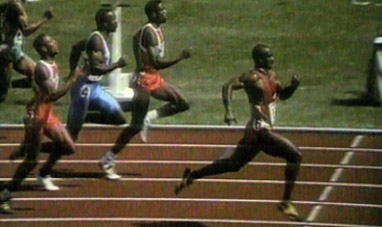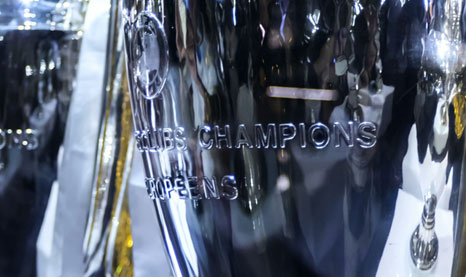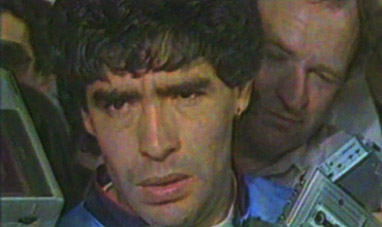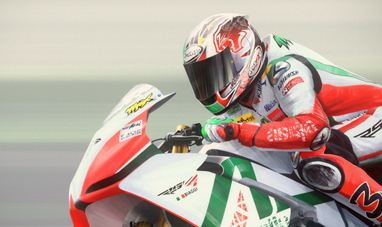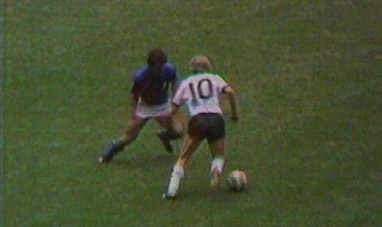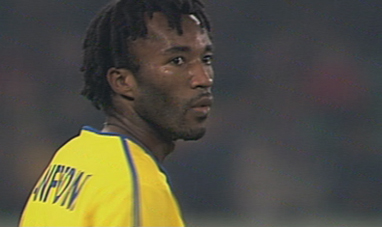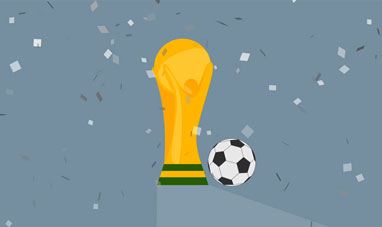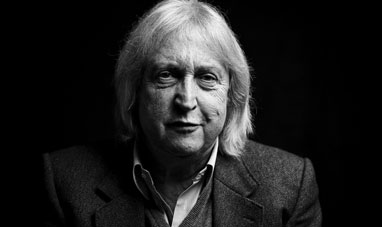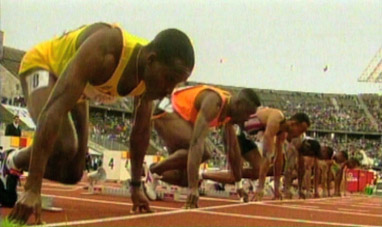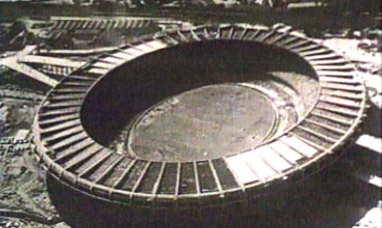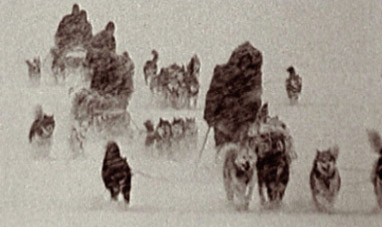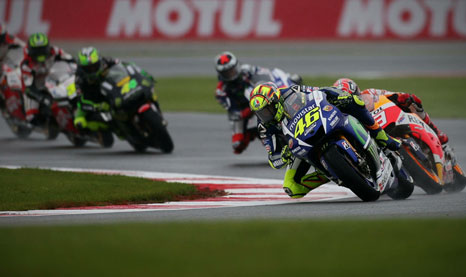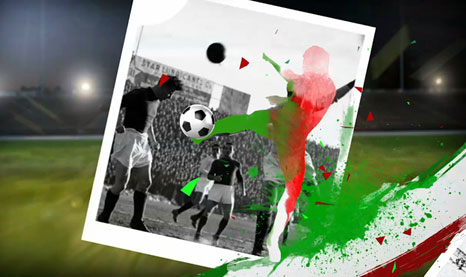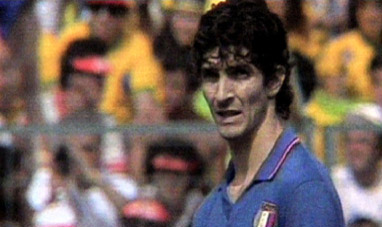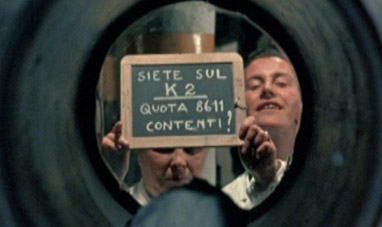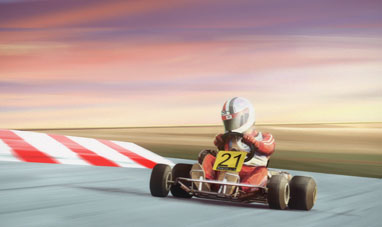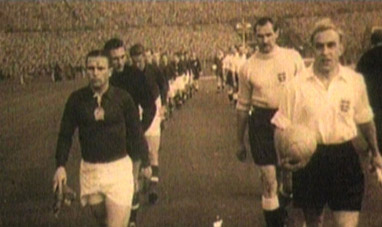On September 10th, 1960 at the Rome Olympics, a thin, barefoot man was running towards the Arch of Constantine, the finish line of the marathon. It was the Ethiopian Abebe Bikila, the first African athlete to win an Olympic gold medal . The 42 grueling kilometers of the marathon had become a symbol of the Olympic Games. With the monuments of Rome in the background, the race featured 69 participating athletes from 35 different countries . The favorite to win was the Soviet Sergei Popov who, at the European Chamionships in 1958, established a record time of 2 hours ,15 minutes and 17 secdonds.
Among the participants was an unknown Ethiopian wearing bib number 11, Abebe Bikila. Bikila was 28 years old, but had only competed in 4 track and field competitions. The Roman Marathon would be the third race of his entire career. At the start of the race, he took his shoes off. The shoes he hade been given were uncomfortable and the Ethiopian decided to run barefoot instead.
The race began at 7:30 from the Piazza del Campidoglio. After about ten kilometers the distance between the group of runners stretches to the pace imposed by the following four: the Belgian Van den Driessche , the British Arthur Keily , the Moroccan Rhadi Ben Abdesselem and Bikila. Shortly before the middle of the race, Bikila and Rhadi distanced themselves from their opponents and started a duel that would last for the rest of the race. By 25km, the two were firmly in the lead, followed by New Zealand and the Soviet Popov Magee, with a distance between them of 1'24 " . The Moroccan tried several times to lose his Ethiopian rival, but Bikila refused to give in and responded by running on those flying bare feet along the ancient Appian Way.
By the 30th km, it was Bikila who now set the pace .The sun was approaching the horizon and the distance between the leaders and the second group following behind has stretched out to 2 ' and 20'' . A few kilometers from the finish, Rhadi attempted a lunge forward. Bikila broke from the pack and practically flew toward the Arch of Constantine . He had become unstoppbale. He reached the finish line at 2hours 15mins 16 secs and two tenths of a second, 8 tenths of a second under the primacy of Popov. After his victory, journalists questioned Bikila about his choice of running barefoot . He said : "I wanted the world to know that the people of my country , Ethiopia, have always won with determination and heroism ." The triumph of a barefoot runner from a poor African country was indelibly etched into the public’s collective imagination . Bikila, the “gold barefoot”, became a symbol of an unwavering will to overcome any obstacle.
Among the participants was an unknown Ethiopian wearing bib number 11, Abebe Bikila. Bikila was 28 years old, but had only competed in 4 track and field competitions. The Roman Marathon would be the third race of his entire career. At the start of the race, he took his shoes off. The shoes he hade been given were uncomfortable and the Ethiopian decided to run barefoot instead.
The race began at 7:30 from the Piazza del Campidoglio. After about ten kilometers the distance between the group of runners stretches to the pace imposed by the following four: the Belgian Van den Driessche , the British Arthur Keily , the Moroccan Rhadi Ben Abdesselem and Bikila. Shortly before the middle of the race, Bikila and Rhadi distanced themselves from their opponents and started a duel that would last for the rest of the race. By 25km, the two were firmly in the lead, followed by New Zealand and the Soviet Popov Magee, with a distance between them of 1'24 " . The Moroccan tried several times to lose his Ethiopian rival, but Bikila refused to give in and responded by running on those flying bare feet along the ancient Appian Way.
By the 30th km, it was Bikila who now set the pace .The sun was approaching the horizon and the distance between the leaders and the second group following behind has stretched out to 2 ' and 20'' . A few kilometers from the finish, Rhadi attempted a lunge forward. Bikila broke from the pack and practically flew toward the Arch of Constantine . He had become unstoppbale. He reached the finish line at 2hours 15mins 16 secs and two tenths of a second, 8 tenths of a second under the primacy of Popov. After his victory, journalists questioned Bikila about his choice of running barefoot . He said : "I wanted the world to know that the people of my country , Ethiopia, have always won with determination and heroism ." The triumph of a barefoot runner from a poor African country was indelibly etched into the public’s collective imagination . Bikila, the “gold barefoot”, became a symbol of an unwavering will to overcome any obstacle.

